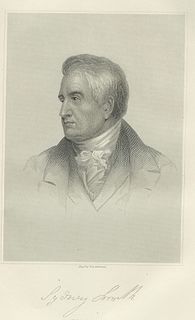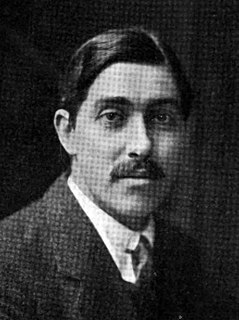A Quote by Stanislaw I Leszczynski
Politeness has been defined to be artificial good-nature; but we may affirm, with much greater propriety, that good-nature is natural politeness.
Related Quotes
In truth, politeness is artificial good humor, it covers the natural want of it, and ends by rendering habitual a substitute nearly equivalent to the real virtue. It is the practice of sacrificing to those whom we meet in society, all the little inconveniences and preferences which will gratify them, and deprive us of nothing worth a moment's consideration; it is the giving a pleasing and flattering turn to our expressions, which will conciliate others, and make them pleased with us as well as themselves. How cheap a price for the good will of another!
We speak erroneously of "artificial" materials, "synthetics", and so forth. The basis for this erroneous terminology is the notion that Nature has made certain things which we call natural, and everything else is "man-made", ergo artificial. But what one learns in chemistry is that Nature wrote all the rules of structuring; man does not invent chemical structuring rules; he only discovers the rules. All the chemist can do is find out what Nature permits, and any substances that are thus developed or discovered are inherently natural. It is very important to remember that.




































